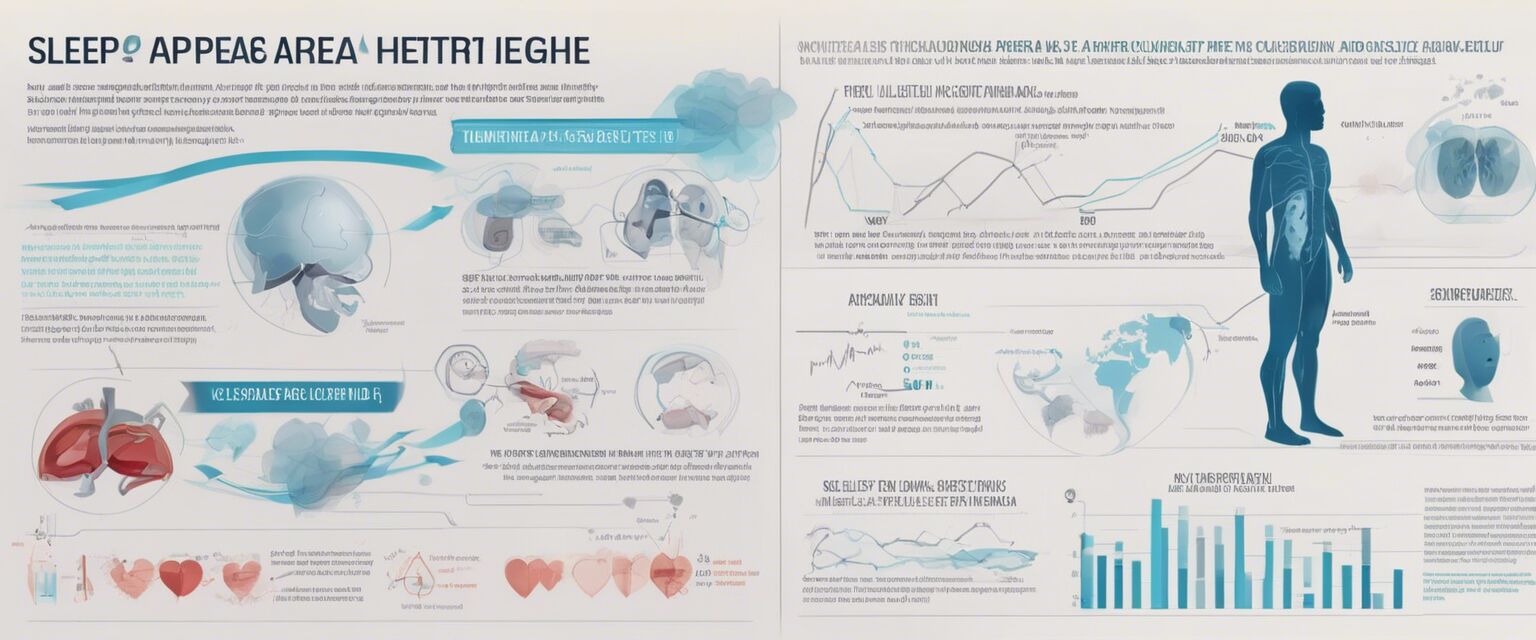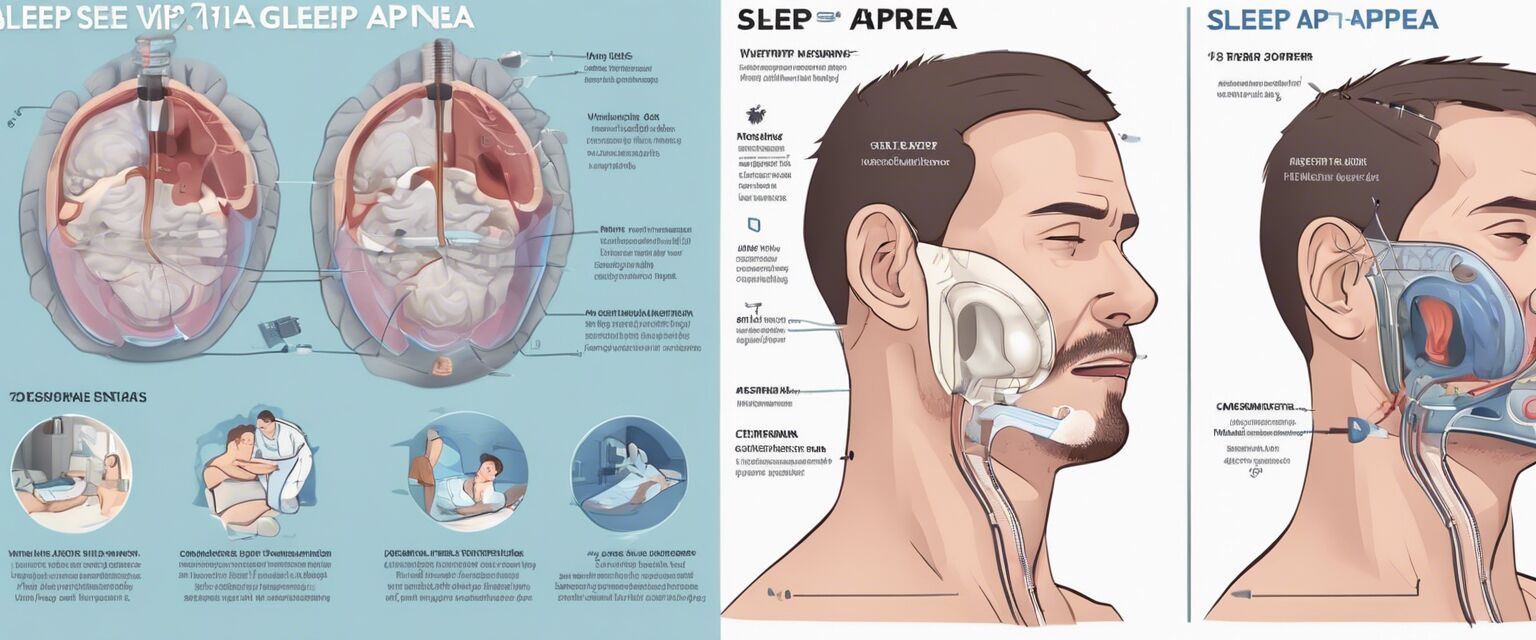
Impact on Health
In this article, we will explore how sleep apnea affects overall health and well-being. Understanding sleep apnea's impact is essential for anyone concerned about their sleeping patterns and long-term health. Letâs delve into the connections between sleep apnea and various health issues.
Key Takeaways
- Sleep apnea can lead to serious health issues, including cardiovascular diseases.
- It impacts mental health, contributing to conditions like anxiety and depression.
- Addressing sleep apnea can enhance overall quality of life.
- Weight management and lifestyle changes can significantly alleviate symptoms.
What is Sleep Apnea?
Sleep apnea is a common disorder that causes your breathing to stop and start while you sleep. It can be categorized mainly into two types: obstructive sleep apnea (OSA) and central sleep apnea (CSA). Understanding the difference is fundamental in managing and addressing the condition.
Types of Sleep Apnea
| Type | Description |
|---|---|
| Obstructive Sleep Apnea (OSA) | The most common form, occurring when throat muscles relax excessively, blocking the airway. |
| Central Sleep Apnea (CSA) | Less common, this type occurs when the brain fails to send the right signals to the muscles that control breathing. |
Health Implications of Sleep Apnea
Sleep apnea does not just affect your ability to sleep but has broader health implications. Here are some key areas where it can have an impact:
1. Cardiovascular Health
Individuals with sleep apnea are at an increased risk for several cardiovascular issues, including:
- High Blood Pressure
- Heart Attack
- Stroke
- Atrial Fibrillation

2. Mental Health
Sleep apnea has also been linked to several mental health issues.
- Anxiety
- Depression
- Increased stress and fatigue

3. Daytime Fatigue and Performance Issues
People suffering from sleep apnea often experience excessive daytime sleepiness, which can affect performance in various areas:
- Job performance may decline due to lack of focus.
- There is a higher risk of accidents (e.g., car accidents).
- Quality of life decreases significantly.
4. Weight Gain
Thereâs a complex relationship between sleep apnea and obesity; each can exacerbate the other. Addressing sleep apnea may assist in weight management:
- Poor sleep can lead to cravings for unhealthy foods.
- Obesity can worsen sleep apnea symptoms.
Managing Sleep Apnea
Management of sleep apnea typically involves lifestyle changes and possibly the use of sleep apnea devices. Here are some strategies:
- Lifestyle Changes - Weight loss, exercise, and diet can help.
- CPAP Machines - Continuous Positive Airway Pressure is a common treatment.
- Sleep Monitoring Tools - Tracking your sleep can help identify issues.
Pros
- Improved sleep quality
- Reduced risk of cardiovascular diseases
- Better mental health
- Enhancement in quality of life
Cons
- Need for ongoing management and lifestyle changes
- Costs associated with devices
- Potential discomfort with treatment methods
Conclusion
The impact of sleep apnea on health is significant and multifaceted, affecting not just sleep but overall health and well-being. Recognizing the symptoms and seeking help is crucial in mitigating these effects. Addressing the condition through lifestyle changes and proper tools can lead to marked improvements in quality of life. For further strategies, check our Natural Sleep Aids and Comfortable Bedding sections for more insights.








